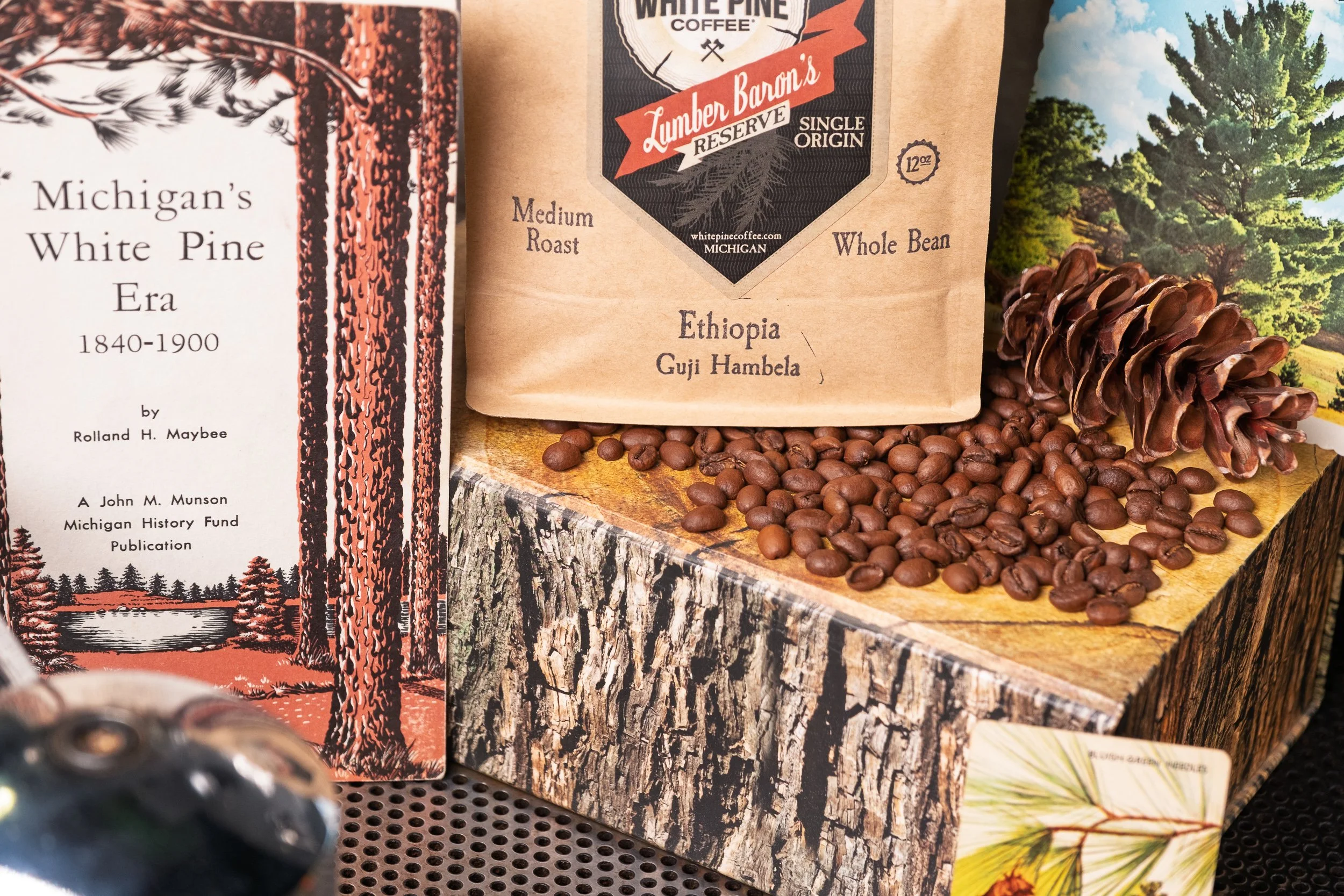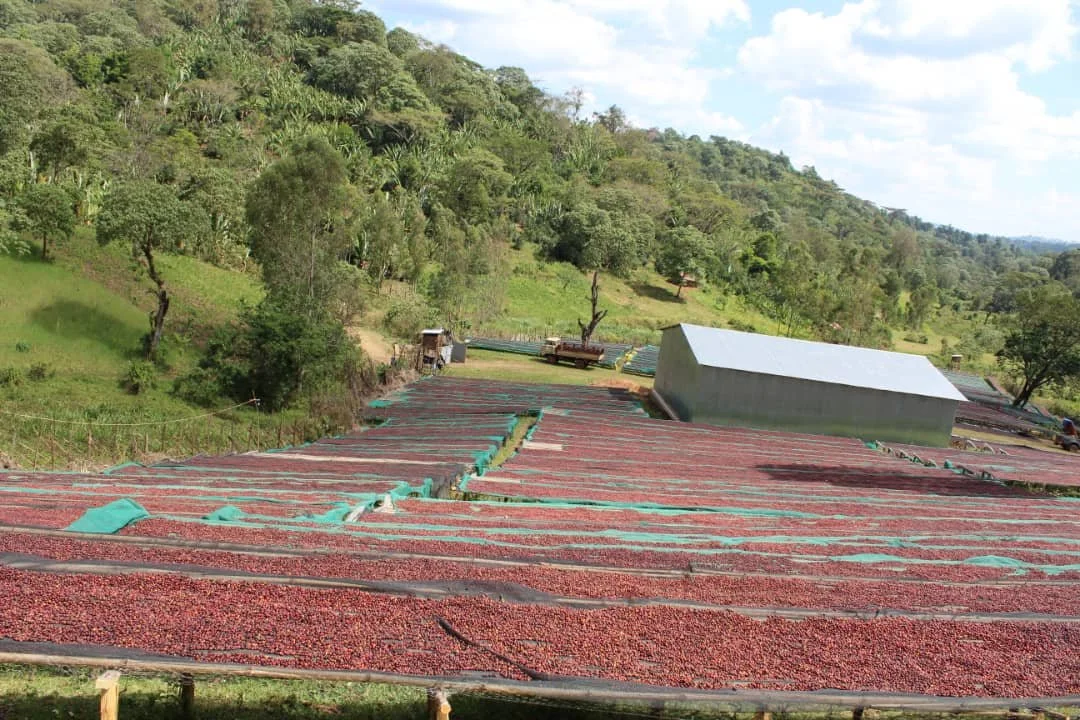Ethiopia - Guji Hambela - Grade 1
Ethiopia - Guji Hambela - Grade 1
Hambela Natural Guji - Grade 1
Tasting Notes: Cooked Raspberry, Cola, Perfume Florals, Chocolate
Roast Profile: Medium Roast
Origin: Ethiopia
Region: Guji
Washing Station: Hambela Wamena
Variety: Heirloom Ethiopian Varieties
Processing: Natural
Altitude: 1970–2241 MASL — 6,463 ft to 7,352 ft
The Cup
This coffee is exceptionally fruity with dominant notes of cooked raspberry and cooked stone fruit. Rich cola and chocolate are enhanced by distinct perfume florals. It boasts a complex and juicy acidity that is highlighted by a strong fruit-like sweetness.
The Washing Station
This micro-region coffee is sourced through the Hambela Wamena Washing Station, which was founded in 2018 by the founder of Tega & Tula farms. Its location at the top of the highest mountain peak of Guji Hambela makes it a central point, serving around 3,900 producers. The washing station actively supports social programs in the area, including the building of roads and schools, providing medical health expenses, and supporting women's healthcare initiatives.
The Process
This is a Natural Process coffee. Farmers deliver their harvested cherries the same day they are picked. The cherries are first sorted for ripeness and rinsed clean of dirt. They are then immediately spread onto raised drying beds or tables, where they are rotated constantly over the course of drying. This drying phase can take an average of 8 to 25 days, depending on the weather, allowing the bean to absorb the sweet flavors of the fruit pulp.
The Story
Ethiopia holds legendary status as the "birthplace" of Arabica coffee. Unlike most coffee-growing countries where the plant was introduced via colonization, growing, processing, and drinking coffee is part of the everyday way of life here. The majority of Ethiopia's farmers are smallholders and sustenance farmers, often growing coffee in what are better described as "coffee gardens". Producers deliver their coffee in cherry form to a central washing station for processing. Although the blending of these cherries into day lots makes full traceability difficult under normal circumstances , our importer, Café Imports, works to develop long-term partnerships with washing stations that provide traceability down to the micro-region









